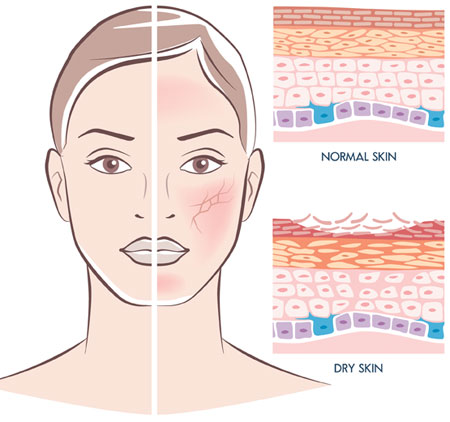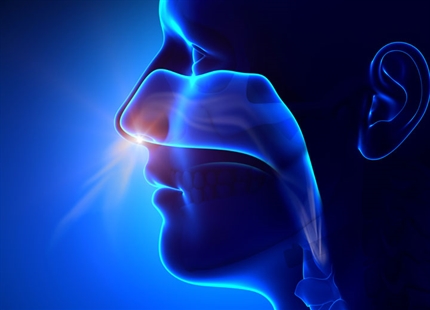
Low humidity and its effects on our skin
Low humidity can draw moisture from the upper most layers of our skin causing it to dry out. The results vary from mild roughness to flaking or even cracking of the skin. Irritated dry skin can become itchy, which in turn can lead to injury or bleeding through continuous destructive scratching.
Drying of the skin typically occurs in winter months, when indoor humidity drops. As cold outside air, with a low moisture content, enters buildings and is heated, its relative humidity falls below 40%RH. Desiccated and cracked skin loses its protective, physical barrier function. Microbes, allergens and harmful chemicals can penetrate the cracks, triggering infections, allergic and toxic skin diseases.
The heating season is peak season for most skin diseases. Desiccation increases the susceptibility of our skin to all kinds of damage from airborne and direct exposure.
Maintaining 40-60%RH in indoor environments prevents our skin from drying and the subsequent harmful effects.

Scientific studies showing how low humidity affects our bodies

Abusharha AA, Pearce EI 2013

Wolkoff P, Kjaergaard SK 2007

Sunwoo Y et al 2006
